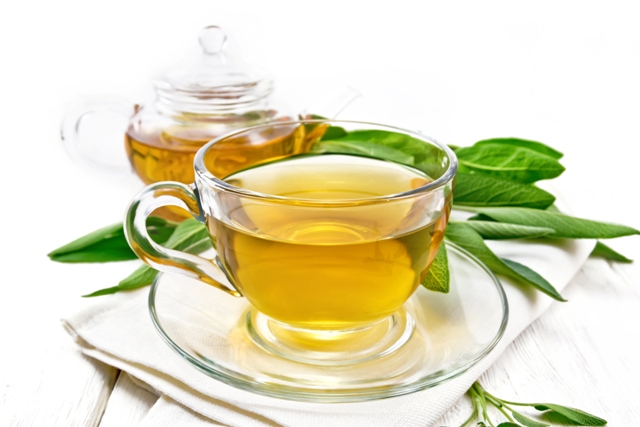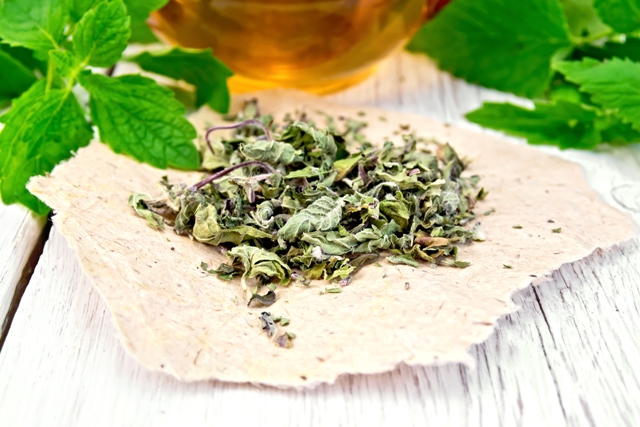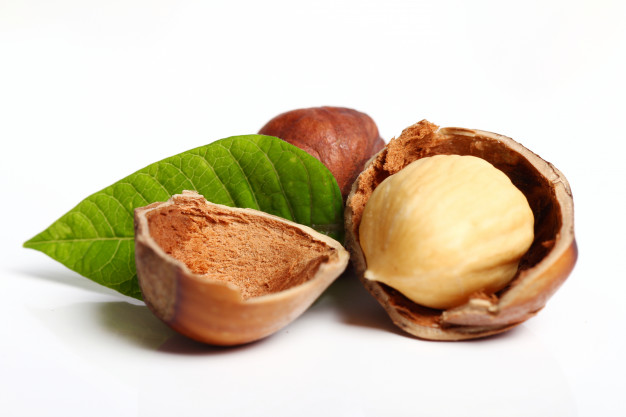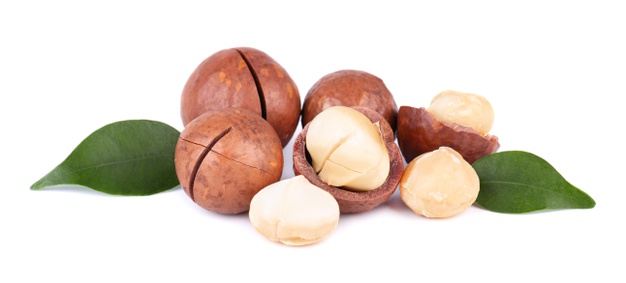Tea, which is prepared by common sage leaves, is generally known as sage tea. Sage tea is a very popular aromatic infusion, which has been traditionally used for various medicinal purposes.
Nutritional profile
- It contains lesser amount of carbohydrates, proteins as well as fats
- It is considered as low calorie beverage with low glycemic index
- It is packed with several imperative vitamins like Vitamin A, Vitamin E and Vitamin C
- It is also loaded with several important trace elements and significantly rich in magnesium, iron, zinc, calcium and copper
- It also contains flavonoids as well as phenolic acids, which are recognized as most important plant compounds that exert several nutraceutical activities
- It contains volatile oils as well
How sage tea is prepared?
- Preparation of sage tea is very easy. Fresh sage leaves or dried sage leaves both can be utilized for preparing sage tea. Below steps will discuss about the preparing process –
- At first water should be boiled
- Then sage leaves should be added to the water and followed by steeping for about 5 minutes
- Finally it should be strained
- To make the sage tea sweet in taste some sugar or honey can be added to the tea, whereas lemon juice, cinnamon can also be added for enhancing its taste


Biological activity
Antioxidant activity
- It contains several important plant compounds and especially rich in rosmarinic acid that exert potent antioxidant activities that ultimately help to protect the body from the detrimental effects of oxidative damages
- Its consumption is closely related with decreasing the concentration of free radicals in body as a result it decreases oxidative stress that ultimately helps to lower the risk of developing chronic diseases
Anti-inflammatory activity
- It also exerts anti-inflammatory activities, which help to delay the progression of inflammatory events in body as a result decreases the prevalence of chronic inflammatory diseases
- It helps to prevent joint swelling thus helps to promote joint health too
- It helps to prevent pain as well
Anti-carcinogenic activity
- Consumption of sage tea is very effective for decreasing the prevalence of carcinoma
- It contains various important components like rosmarinic acid, camphor and carnosol that exert strong anti-carcinogenic activities
- It is associated with destroying cancerous cells
- It has seen that consumption of a combination of sage tea and chamomile tea significantly decreases the prevalence of thyroid cancer
- It also decreases the risk of developing colon cancer as it is related with preventing those genetic changes in body, which are responsible for colon cancer cell formation

Health benefits
Role on oral health
- Sage has been traditionally used as an important herb in dentistry as it helps to promote oral health as well as hygiene
- Consumption of sage tea is extremely helpful for preventing oral wound as well as sore throat
- It helps to prevent tooth ache or any other oral pain due to its anti-inflammatory activities
- Its antimicrobial activities are also accountable for protecting the oral cavity from microbial infestation as a result decreases the prevalence of oral infections
- It is very much useful for decreasing the prevalence of dental plaque formation too
Role on nervous system
- Sage is considered as one of the most important herb for brain health as it plays significant role in promoting brain functionality
- It has seen that consumption of sage tea is also very useful for boosting up the activity of entire nervous system
- It helps to protect the neuron from oxidative and inflammatory damages thus promotes their activity, which ultimately lowers the risk of developing neurological disorders
- Its consumption is also very beneficial for improving the symptoms of Alzheimer’s disease as it helps to prevent the formation of amyloid plaque in brain
- Its consumption is associated with improving memory as well
- It also plays significant role in enhancing cognitive ability

Role on mental health
- It helps to provide calmness to the body, which ultimately helps to promote mental health status and significantly decreases stress as well as anxiety
- It helps to refresh the mind as well
- Its consumption is closely related with promoting mood thus plays significant role in preventing depression
- It also helps to improve alertness
- It helps to improve focus as well
Role on Women’s health
- Sage tea helps to support women health in many folds
- Consumption of sage tea during pregnancy is extremely beneficial for decreasing the prevalence of digestive disorders like nausea, vomiting etc
- Lactating women who have over breast milk supply should consume sage tea as it helps to decrease breast milk production
- It is also very effective for reducing the prevalence of hot flashes and helps to improve menopausal symptoms

Role on skin
- Sage is considered as an important ingredient of skin care cosmetics thus it is believed that consumption of tea prepared by sage is also associated with providing same benefits
- Consumption of sage tea is also very effective for making the skin healthy, soft, youthful and supple
- It helps to protect the skin from oxidative as well as from anti-inflammatory damages and reduces the risk of developing dermal disorders
- It is also very effective for reducing the prevalence of skin infections as it shows antimicrobial activity, which helps to inhibit microbial infestation
- It helps to prevent ageing as well

Role on hair
- It has seen that application of a mixture of sage tea and black tea on scalp and hair significantly promotes hair growth
- It helps to darken the hair also thus it can be used as an effective natural hair dye
Therapeutic uses
It has been traditionally used for various therapeutic purposes, which include –
- It is extensively used as an imperative remedial action for hyperglycemia. It helps to decrease the concentration of blood sugar level by enhancing insulin sensitivity. Its consumption is closely related with decreasing the level of fasting blood sugar, post meal blood sugar and HbA1c. It is extremely effective for improving the symptoms of type 2 diabetes mellitus
- It also helps to reduce the concentration of LDL, VLDL and triglyceride level that ultimately help to reduce the prevalence of cardiovascular diseases as it prevents atherosclerosis by inhibiting plaque formation within blood vessels. On the other hand it helps to increase the concentration of HDL that also provides a positive impact on cardiac health
- It helps to improve lipid profile as well
- It also helps to promote hepatic health by preventing fatty infiltration of hepatic cell that subsequently improves hepatic functionality by preventing necrosis caused by fatty infiltration
- Individual suffer from insomnia can try sage tea as it helps in improving sleeping quality by providing calmness to the body
- It contains significant amount of Vitamin K that plays vital role in improving skeletal health as its Vitamin K component involves in bone metabolism
- Vitamin K present in sage tea also helps in blood coagulation thus decreases the prevalence of excessive bleeding if injury occurred
- It also helps to accelerate wound healing process

Risk factors
Consumption of too much sage tea is not wise as it may develop various health hazards like cardiac problems, renal problems, seizures and digestive issues thus it is better to consume it in lesser amount.

Source:
Lima, C.F., Azevedo, M.F., Araujo, R., Fernandes-Ferreira, M. and Pereira-Wilson, C., 2006. Metformin-like effect of Salvia officinalis (common sage): is it useful in diabetes prevention?. British Journal of Nutrition, 96(2), pp.326-333.
Matsingou, T.C., Petrakis, N., Kapsokefalou, M. and Salifoglou, A., 2003. Antioxidant activity of organic extracts from aqueous infusions of sage. Journal of agricultural and food chemistry, 51(23), pp.6696-6701.
Pedro, D.F., Ramos, A.A., Lima, C.F., Baltazar, F. and Pereira‐Wilson, C., 2016. Colon cancer chemoprevention by sage tea drinking: decreased DNA damage and cell proliferation. Phytotherapy research, 30(2), pp.298-305.
Walch, S.G., Ngaba Tinzoh, L., Zimmermann, B.F., Stühlinger, W. and Lachenmeier, D.W., 2011. Antioxidant capacity and polyphenolic composition as quality indicators for aqueous infusions of Salvia officinalis L.(sage tea). Frontiers in pharmacology, 2, p.79.
Yaman, C., 2020. Lemon balm and sage herbal teas: Quantity and infusion time on the benefit of the content. Ciência e Agrotecnologia, 44.









